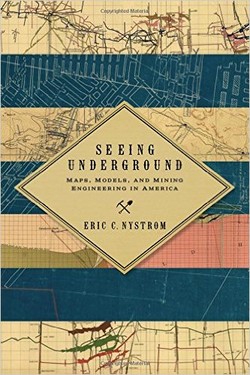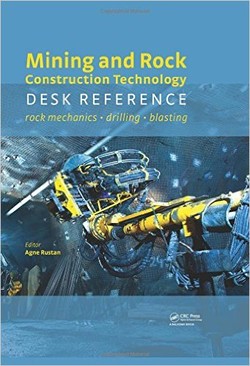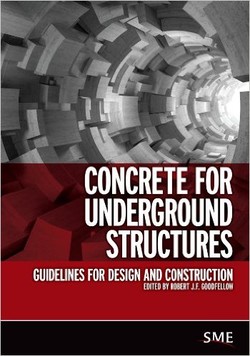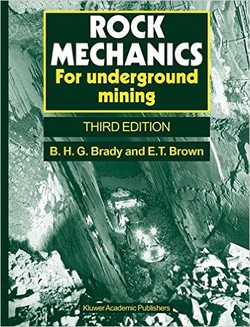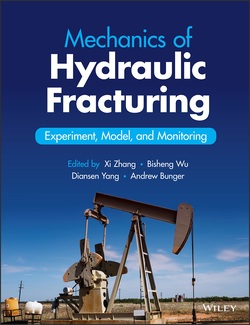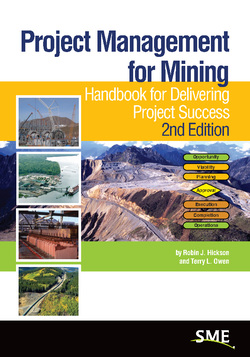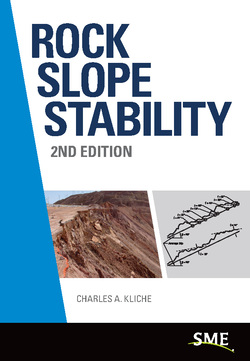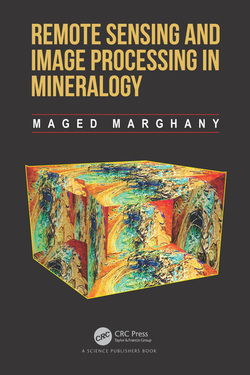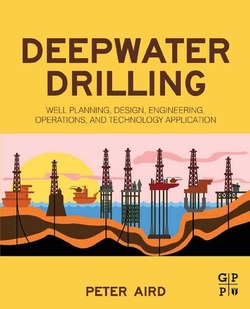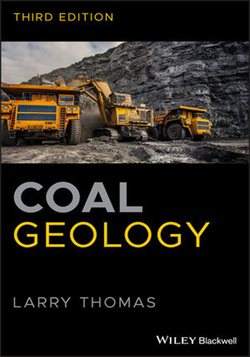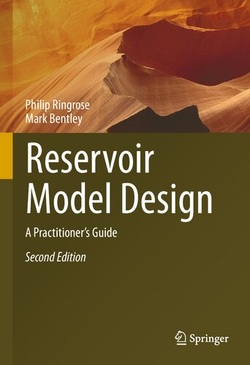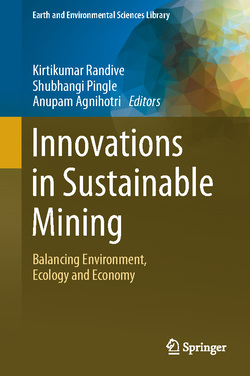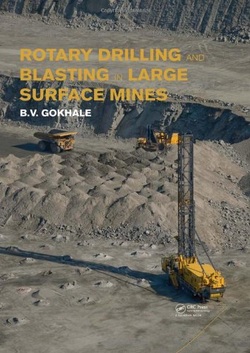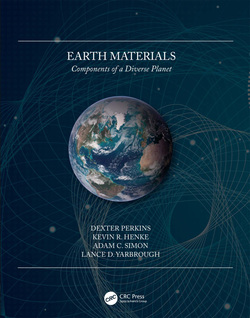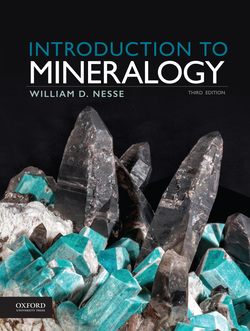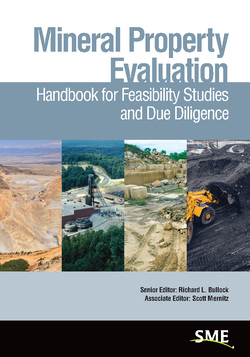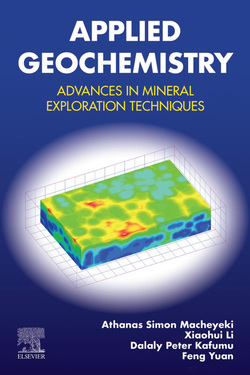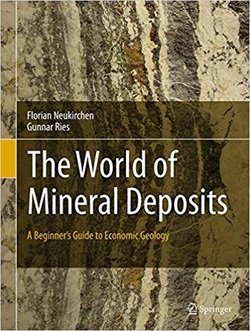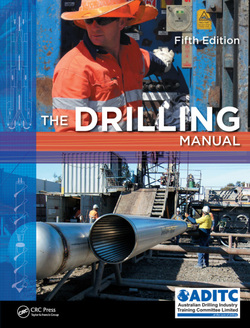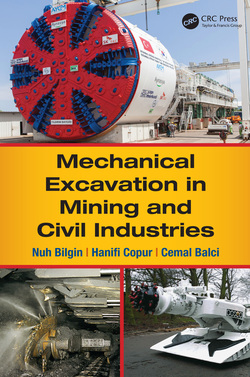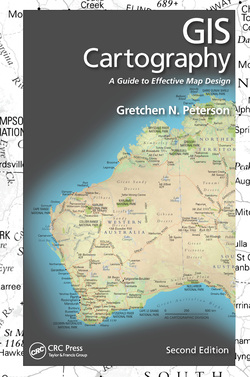زیرساختهای زیرزمینی
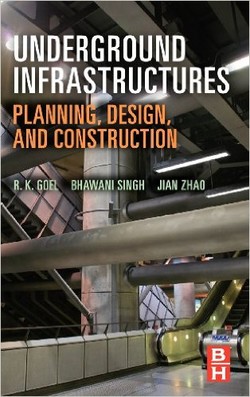
منبع مختصر و خواندنی “زیرساختهای زیرزمینی” مبتنی بر ترکیب 75 سال تجربه در این زمینه میباشد و تاکید آن بر قواعد کاربری ساده برای طراحی و برنامهریزی زیرساختهای زیرزمینی است.
این کتاب شامل 15 فصل است که کاربردهای متنوع فضای زیرزمین را پوشش میدهد.
با یک توضیح روشن و دقیق از طبقهبندی فضای زیر زمین، ملاحضات مهم مانند زمینشناسی، مهندسی و برنامهریزی زیرزمینی آغاز میشود سپس با فصلهای مستقل شامل کاربردهای ذخیرهسازی آب، پارک خودرو زیرزمینی، متروهای زیرزمینی، تونلهای جاده و ذخیرهسازی زیرزمینی نفت خام، گاز مایع و گاز طبیعی دنبال میشود.
این کتاب شامل 15 فصل است که کاربردهای متنوع فضای زیرزمین را پوشش میدهد.
با یک توضیح روشن و دقیق از طبقهبندی فضای زیر زمین، ملاحضات مهم مانند زمینشناسی، مهندسی و برنامهریزی زیرزمینی آغاز میشود سپس با فصلهای مستقل شامل کاربردهای ذخیرهسازی آب، پارک خودرو زیرزمینی، متروهای زیرزمینی، تونلهای جاده و ذخیرهسازی زیرزمینی نفت خام، گاز مایع و گاز طبیعی دنبال میشود.
سال انتشار: 2012 | 352 صفحه | حجم فایل: 30 مگابایت | زبان: انگلیسی
Underground Infrastructures: Planning, Design, and Construction
نویسنده
R K Goel,Bhawani Singh, Jian Zhao
ناشر
Butterworth-Heinemann
ISBN10:
0123971683
ISBN13:
9780123971685
قیمت: 16000 تومان
برچسبها:
Underground facilities, such as tunnels, sewer, water and gas networks form the backbone of the economic life of the modern city. In densely populated areas where the demands for transportation and services are rapidly increasing and the construction of new roads and railways are prohibited, the construction of a tunnel might be the only alternative. Brief and readable, this reference is based on a combined 75 years of field experience and places emphasis is on simple practical rules for designing and planning, underground infrastructures. The books’ begins with a clear and rigorous exposition of the classification of underground space, important considerations such as geological and engineering and underground planning. This is followed by self-contained chapters concerning applications for underground water storage, underground car parks, underground metros & road tunnels and underground storage of crude oil, lpg and natural gas. The book has 15 chapters covering various usage of underground space. There are about 135 figures and tables. The book contains about 20 case histories/examples.
One of the first book to address all of the major areas in which this technology is used, this book deals with major topics such as: hydroelectric projects with modern planning of complex underground structures; underground storages of food items, crude oil and explosives and highly cautious underground nuclear waste repositories. Rail and road tunnels and TBM are described briefly. Risk management in underground infrastructures is of vital importance. Civil Engineers, Mining Engineers, and Geotechnical Engineers will find this book a valuable guide to designing and planning underground infrastructures both in terms of its applications.
Risk management method for underground infrastructures
Vital tips for the underground storage of food, water, crude oil, natural gas and munitions
Provides design tips for Underground Parking Facilities
Instruction for the designing planning and construction for underground Metros and road tunnels
Planning and design of underground nuclear waste repositories
Clearly explains the benefits and drawbacks of underground facilities
Quick guide to the various modern mechanical underground parking options
Explanation of construction planning and Risk management
Places expert advice for planning and constructing projects at the finger tips
